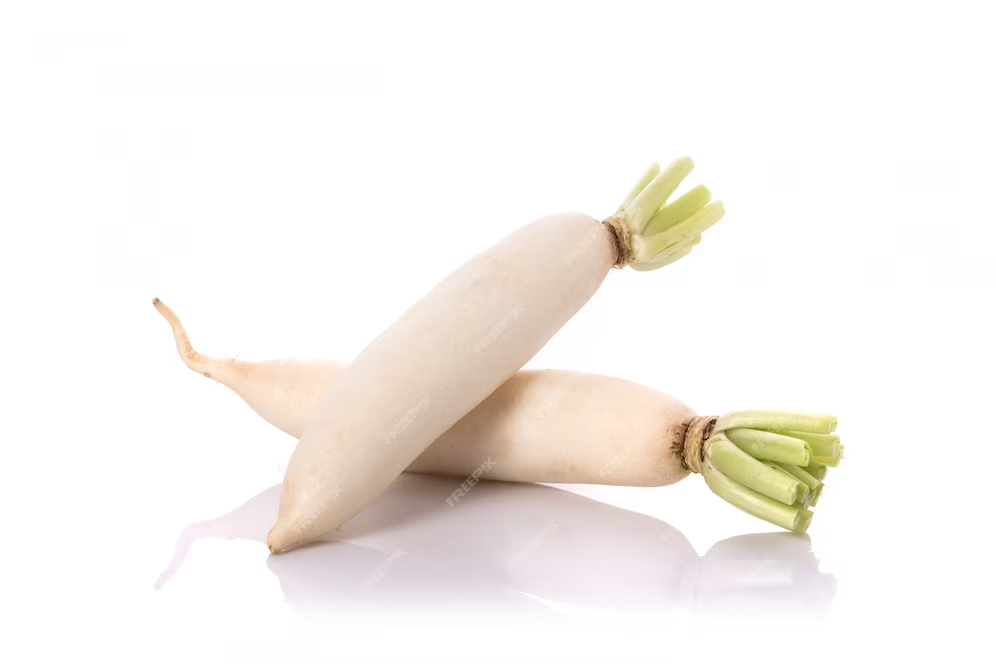Potato side effects: Potato is a vegetable that is used in all kinds of fries. So many people love to eat potatoes. So eating too many potatoes causes many problems in the body.

Potato side effects: Potato is a vegetable that grows under the soil. Potatoes play a very important role in normal and spicy food. It is a major source of protein. Its scientific name is Solanum tuberosum L. Potato is the fourth most important food crop in the world. In different countries of the Asian continent, this potato (Patato) is cultivated in different temperatures and warm, humid, and tropical climates. Everyone thinks that the potato is native to us Indians, but in fact, it originated in the Andean mountain region of South America. Potatoes are mainly produced in countries like China, India, the USA, Russia, and Ukraine. Comparing the size, type, taste, and color of potatoes, there are about five thousand types of potatoes in the world. Some of the well-known varieties of potatoes are Rosette Bear Bank, White Rose, Katahdin, Red Lesoda, and Red Potato.
Potatoes are rich in many nutrients
Potatoes contain a variety of nutrients. A medium potato contains the following ingredients.
Calories: 168
Fat: 0 g
Protein: 5 grams
Carbs: 37 grams
Fiber: 4 grams
Sodium: 24 mg
Vitamin C: 37% of the RDI
Vitamin B6: 31% of the RDI
Potassium: 27% of the RDI
Manganese: 20% of the RDI
The amount of these nutrients in potatoes depends on the variety of potatoes. For example, red potatoes contain fewer calories, carbs, and fiber than russet potatoes. It is also relatively high in vitamin K and niacin. Also, the amount of nutrients in the potato depends on the food system of the potato. Even the skin of the potato contains many nutrients. However, peeling reduces the amount of fiber in it. Also, roasting potatoes instead of boiling or baking them increases their fat and calorie content. Commercially processed potatoes are low in nutrients and high in fat, calories, and sodium.
Potatoes are harmful to health
1. Certain types of potatoes cause weight gain
Studies have shown that eating certain types of potatoes can lead to weight gain. In 2009, a 5-year study found that eating potatoes increased women's waist circumference. About 42,696 people participated in the study. Another study involving more than 120,000 people found that potatoes and processed potato chips are mainly responsible for weight gain. Consuming it each day results in an average weight gain of between 1.3 pounds (0.58 grams) and 1.7 pounds (0.77 grams). However, when eating potatoes, you should pay attention to how you prepare them and how much you eat them.
2. Potato contains toxic glycoalkaloids.
Glycoalkaloids are toxic substances found in nightshade plants. Potatoes contain 2 types of glycoalkaloids called solanine and chaconine. Usually, green potatoes contain more of it. When potatoes are exposed to light, a molecule called chlorophyll is produced in the potato, which turns the potato green. Although not necessarily indicative of chlorophyll production, exposure to light can increase glycoalkaloid levels. Glycoalkaloids in excess can have adverse effects on our bodies. However, in normal amounts, it does not cause any harm to the body. In a 2005 study, participants were given potatoes containing 20 milligrams of glycoalkaloids per 100 grams of potato. 20 milligrams of glycolalkaloids is the upper limit of safety. However, it did not have any adverse effects on the participants.
3. Food interferes with digestion
Resistant starch in potatoes is beneficial for gut health. However, in large amounts, such as the starches in raw potatoes, the body has digestive problems. Resistant starch works as a prebiotic. Gas is produced in the fermentation process by the beneficial bacteria in our intestines. Consuming high amounts of prebiotics can lead to stomach abnormalities, gas problems, and bloating. Wash potatoes with such problems thoroughly. Peel the potato well before eating.
Allergies
Eating too much potato causes allergy problems in the body. Even blue and peeled potatoes are toxic to the body, and eating them can even lead to death.
(Disclaimer: This article is based on general information. KT is not responsible for the accuracy, completeness, appropriateness, or wisdom of any information in this article. All information is provided here based on internet information.










